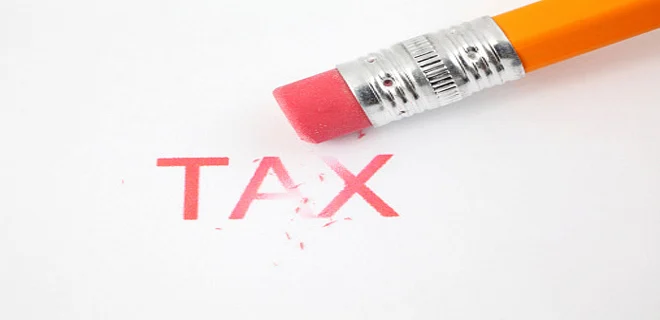Investing in your parent's name can be a smart way to save taxes, especially if your parents are in a lower tax bracket or have no income. Let us see how.
Through Gifting And Investing
“An individual can gift any amount of money to their parents, as gifts are exempt under the Income Tax Act. Suppose the parents (senior citizens) invest the gifted money in instruments such as time deposits or listed shares. In that case, they are eligible for a tax exemption of up to Rs 50,000 on interest income earned from banks, under Section 80TTB of the Income Tax Act, 1961,” says Suresh Surana, a Mumbai-based chartered accountant.
Additionally, if the parents transfer listed shares that have been held for more than 12 months, they are separately eligible for a tax exemption of up to Rs 1,25,000 on such gains.
Further, please note that clubbing provisions under the Income Tax Act, of 1961, are primarily designed to prevent tax evasion by transferring income-generating assets to close relatives. “However, gifts made by a son or daughter to their parents do not fall within the purview of clubbing under the Income Tax Act. Gifts by children to parents are exempt in the hands of the transferor u/s 47,” says Surana.
Investments For Health
Though not an investment per se, individuals can claim a deduction for the health insurance premiums paid on behalf of their parents. If the parents are resident senior citizens aged 60 years or more, an enhanced deduction limit of Rs 50,000 would be available instead of Rs 25,000.
Section 80DDB of the IT Act allows individual taxpayers to claim a deduction against any expense incurred for parents with respect to medical treatment of such diseases or ailments as specified in Rule 11DD of the Income Tax Rules. It is pertinent to note that in case the person in respect of which the expense is incurred, is a senior citizen, the quantum of deduction shall be enhanced to Rs 1,00,000 (instead of Rs 40,000).
Claiming House Rent Allowance
If someone is living with their parents in a house owned by the parents and if they pay rent to the parents they can claim a house rent allowance (HRA) exemption. The house should be solely owned by the parents and a formal rent agreement and proof of payment is mandatory. This can help save taxable income.
It is to be noted that under the new tax regime, no deductions are allowed, including those for health premiums or medical expenses for disabled dependents. So, all these work only if you opt for the tax regime.










